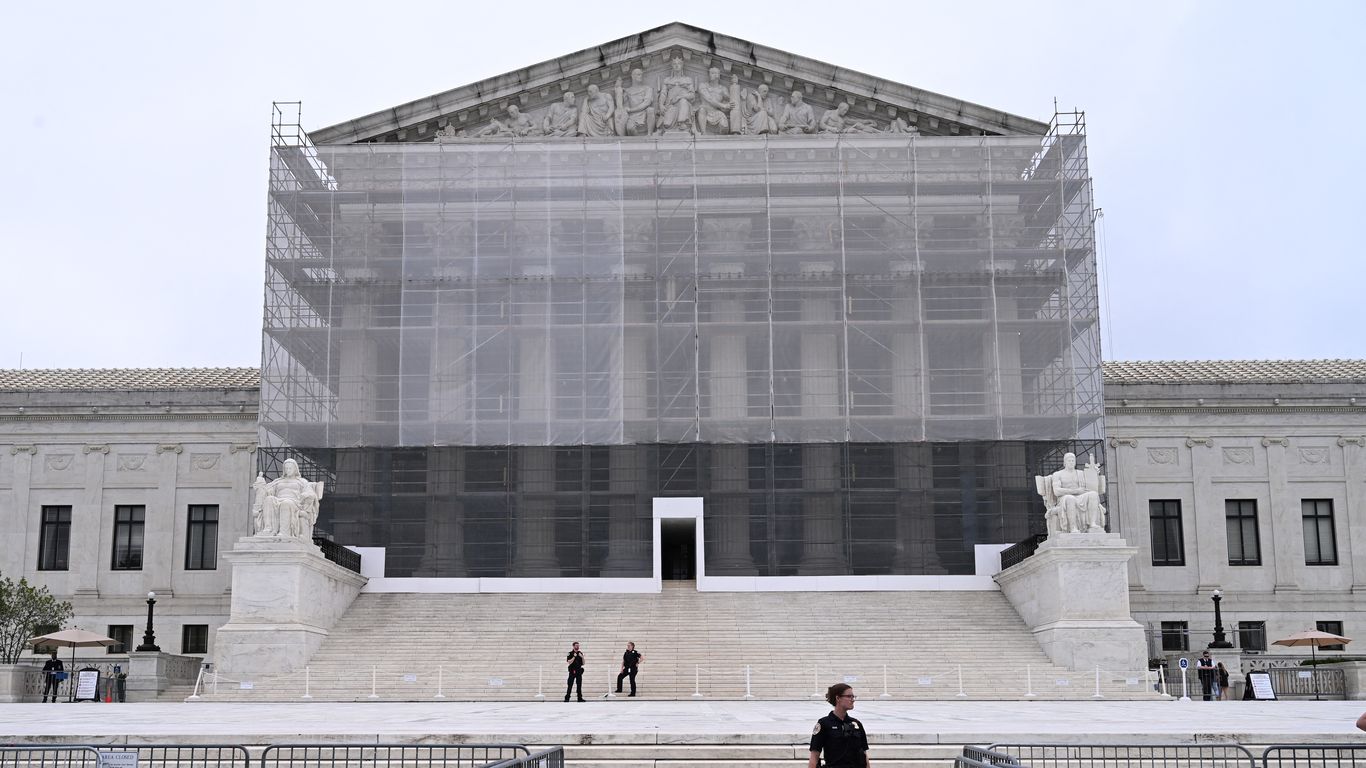
"Federal judges have no license to reallocate political power between the two major political parties," Roberts wrote. Roberts added that "the fact that such gerrymandering is 'incompatible with democratic principles,' ... does not mean that the solution lies with the federal judiciary.""
"Georgetown University Law Center professor Steve Vladeck said that the Supreme Court's decision "left it as open-season for whatever the legislature can get away with" in states where lawmakers control the maps."
"Justice Elena Kagan in her 2019 dissent warned that "[o]f all times to abandon the Court's duty to declare the law, this was not the one." She added, "The practices challenged in these cases imperil our system of government.""
"Writing for the majority, Justice Samuel Alito rejected the lower court's conclusion. He wrote that "inferring bad faith based on the racial effects of a political gerrymander in a jurisdiction in which race and partisan preference are very closely correlated" could allow future litigants to sidestep the 2019 decision that partisan gerrymandering claims are out of the federal courts' reach."
Trump urged Texas Republicans to redraw electoral maps favoring the GOP for the 2026 midterms. New York and California Democrats promised to counteract this action. The Supreme Court's 2019 ruling removed federal court oversight on partisan gerrymandering, allowing state legislators to manipulate districting without judicial consequence. Justice Kagan dissented, asserting that abandoning judicial scrutiny damages democratic integrity. In 2024, the Court upheld a South Carolina map, further complicating the challenge for future gerrymanders, signaling to state lawmakers that their actions are unchecked and can disregard potential racial gerrymandering issues.
Read at Axios
Unable to calculate read time
Collection
[
|
...
]